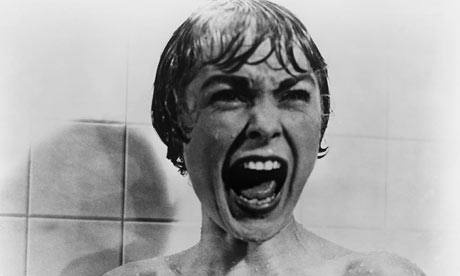 Fear backstage is common for at least 50% of performers, regardless of performance experience. More commonly known as “stage fright”, performance anxiety can be a constant problem or something that emerges over time.
Fear backstage is common for at least 50% of performers, regardless of performance experience. More commonly known as “stage fright”, performance anxiety can be a constant problem or something that emerges over time.
Stage fright can occur for many reasons, as well as bring unexplainable, such as because of an injury or recovery from one, a bad experience or pressure of an important performance. Anxiety can drastically affect your performance and love of dance, if not overcome and dealt with accordingly. Symptoms of stage fright include racing pulses and fast breathing, a dry mouth, tight throat, trembling, and sweaty or cold hands. Mental symptoms can affect your career if not dealt with, with fear and self-doubt taking over.
A reason behind stage fright has been suggested as a result of the brain’s fight or flight response. Most performers are able to control stage fright by controlling the lead up to a performance and controlling a certain amount of anxiety needed to perform. This can be done such as by a pre-performance routine or a specific warm up. However, too much anxiety and adrenaline will mean you turn and run, sometimes literally.
It is important to take care of your body, and in turn control and calm performance anxiety. Avoid caffeine and alcohol, especially before a performance and eat potassium-rich foods to help lower your blood pressure naturally. A familiar routine backstage, and peace and quiet, can also aid anxious feelings. Breathe deeply and try to relax.
